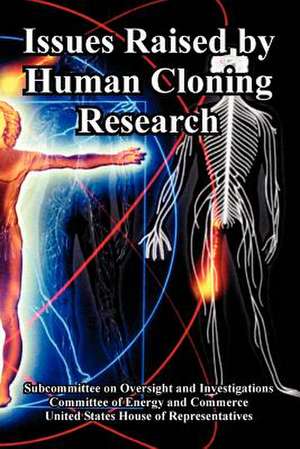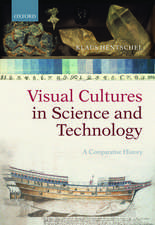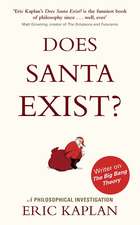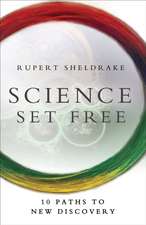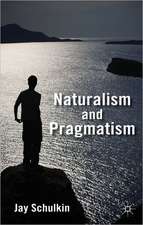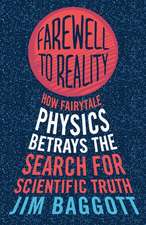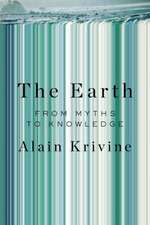Issues Raised by Human Cloning Research
Autor United States House of Representatives, Committee of Energy & Commerce, Of Ene Committee of Energy and Commerceen Limba Engleză Paperback – 31 mai 2005
Preț: 122.66 lei
Nou
Puncte Express: 184
Preț estimativ în valută:
23.47€ • 24.37$ • 19.57£
23.47€ • 24.37$ • 19.57£
Carte tipărită la comandă
Livrare economică 22 martie-05 aprilie
Preluare comenzi: 021 569.72.76
Specificații
ISBN-13: 9781410224439
ISBN-10: 1410224430
Pagini: 164
Dimensiuni: 152 x 229 x 10 mm
Greutate: 0.25 kg
Editura: University Press of the Pacific
Locul publicării:United States
ISBN-10: 1410224430
Pagini: 164
Dimensiuni: 152 x 229 x 10 mm
Greutate: 0.25 kg
Editura: University Press of the Pacific
Locul publicării:United States
